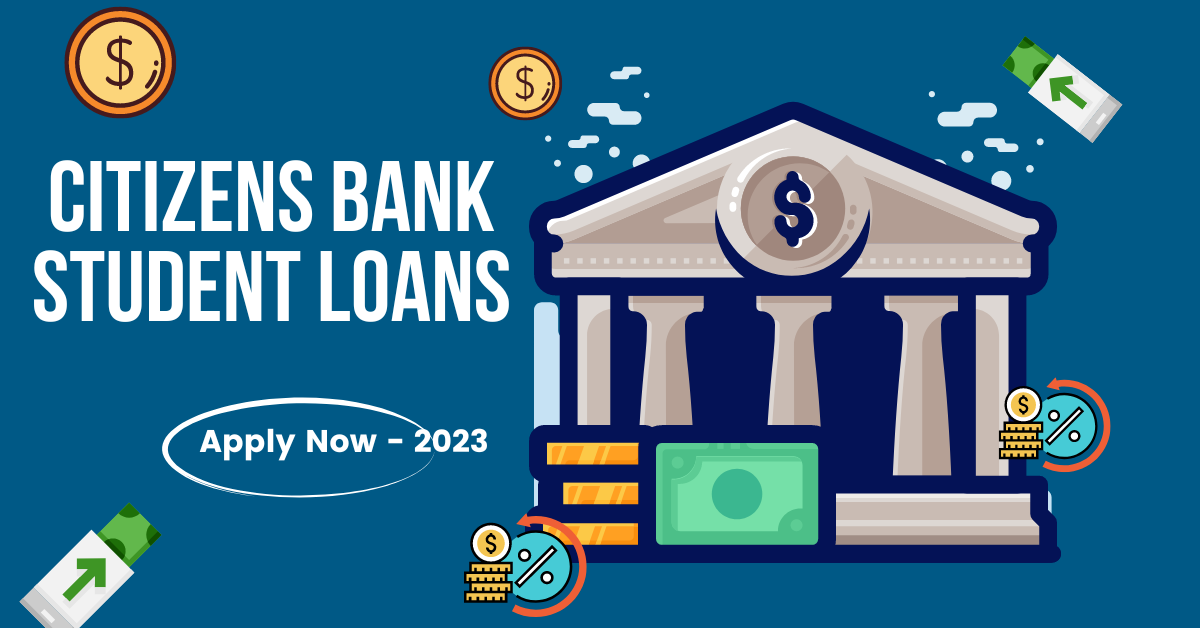Student Loan Consolidation
Introduction
Student Loan Consolidation: Managing multiple student loans can be overwhelming and confusing. Fortunately, student loan consolidation provides a solution by combining multiple loans into a single loan with one monthly payment. In this article, we will explore the concept of student loan consolidation, its benefits, the consolidation process, and important considerations for borrowers.
Understanding Student Loan Consolidation
Student loan consolidation refers to the process of combining multiple student loans into one new loan. The purpose is to simplify repayment by having a single loan with a single monthly payment.
Benefits of Student Loan Consolidation
1. Simplified Repayment
One of the primary benefits of student loan consolidation is the simplification of repayment. Instead of managing multiple loans with different due dates and payment amounts, borrowers only need to focus on one loan. This reduces the chances of missing payments and makes it easier to stay organized.
2. Potential for Lower Interest Rates
Consolidating student loans may provide an opportunity to secure a lower interest rate. This can result in significant savings over the life of the loan, as borrowers may pay less in interest.
3. Extended Repayment Term
Borrowers might lengthen the loan payback period by consolidation. While this may result in paying more interest over time, it can provide immediate relief by reducing monthly payment amounts.
4. Improved Credit Score
Consolidating student loans can positively impact credit scores. When borrowers consolidate their loans, the previous loans are paid off, and a new loan is established. This can help improve credit utilization and demonstrate responsible financial management.
Factors to Consider Before Consolidating Student Loans
Before opting for student loan consolidation, borrowers should consider the following factors:
1. Types of Loans Eligible for Consolidation
Private student loans and federal student loans cannot be combined. Borrowers need to understand the types of loans they have and whether they are eligible for consolidation.
2. Current Interest Rates
It’s essential to compare the current interest rates on existing loans with the interest rates available for consolidation. If the existing loans have lower rates, consolidation may not be the best option.
3. Loan Forgiveness Programs
Consolidating federal loans may make borrowers ineligible for certain loan forgiveness programs. It’s crucial to evaluate the potential loss of forgiveness options before deciding to consolidate.
4. Impact on Benefits and Protections
Federal student loans offer certain benefits and protections, such as income-driven repayment plans and loan deferment options. Consolidating federal loans into private loans may result in the loss of these benefits.
The Student Loan Consolidation Process
To consolidate student loans, borrowers should follow these steps:
1. Gather Loan Information
Collect all necessary information about existing loans, including loan balances, interest rates, and repayment terms. This information will be required during the consolidation application process.
2. Research and Compare Lenders
Research and compare different lenders that offer student loan consolidation. Consider factors such as interest rates, repayment options, customer reviews, and any associated fees.
3. Apply for Consolidation
Once a lender has been selected, complete the consolidation application. Provide all requested information accurately and thoroughly. Be prepared to submit all necessary paperwork.
4. Review and Accept the Consolidation Offer
After applying, the lender will evaluate the application and determine the consolidation terms. Review the consolidation offer carefully, paying attention to interest rates, repayment terms, and any associated fees. If the offer aligns with your goals, accept it.
5. Repayment and Monitoring
After accepting the consolidation offer, make timely monthly payments according to the new terms. Set up automatic payments if available and regularly monitor the loan account for accuracy.
Tips for a Successful Student Loan Consolidation
Consider the following tips to ensure a successful student loan consolidation experience:
1. Evaluate Repayment Plans
When consolidating, explore different repayment plans and choose one that suits your financial situation. Some plans offer income-driven options, which can help make payments more manageable.
2. Consider the Impact on Interest Rates
Compare the interest rates of your current loans with the rate offered for consolidation. If the consolidation rate is higher, it may not be financially beneficial to proceed.
3. Assess Eligibility for Loan Forgiveness
If you anticipate qualifying for loan forgiveness programs, carefully weigh the potential loss of these programs against the benefits of consolidation.
4. Review Terms and Conditions
Thoroughly review the terms and conditions of the consolidation offer. Pay attention to any potential fees, prepayment penalties, or changes to loan terms.
Common Misconceptions about Student Loan Consolidation
There are several misconceptions about student loan consolidation that borrowers should be aware of:
1. Consolidation Eliminates Debt
Consolidation does not eliminate student loan debt. It simply combines multiple loans into one, making repayment more manageable.
2. Consolidation is Only for Federal Loans
While federal loans are commonly consolidated, private student loans can also be consolidated. However, they must be consolidated separately from federal loans.
3. Consolidation is Irreversible
Consolidation is a voluntary process, and borrowers can choose to consolidate or refinance their loans again in the future if needed. However, it’s important to carefully consider the impact on credit and eligibility for loan benefits.
Conclusion
Student loan consolidation can provide borrowers with a simplified and more manageable repayment journey. By combining multiple loans into one, borrowers can enjoy benefits such as simplified payments, potential interest rate savings, extended repayment terms, and improved credit scores. However, it’s crucial to consider eligibility requirements, current interest rates, and potential trade-offs before deciding to consolidate. With proper research and careful consideration, student loan consolidation can help borrowers take control of their student loan debt and achieve financial stability.
Learn More About: Home Equity Loans: Unlocking the Value of Your Home
Next Post



As a student, it’s a great experience for me to read this, a piece of very unique and great information. Thanks a lot